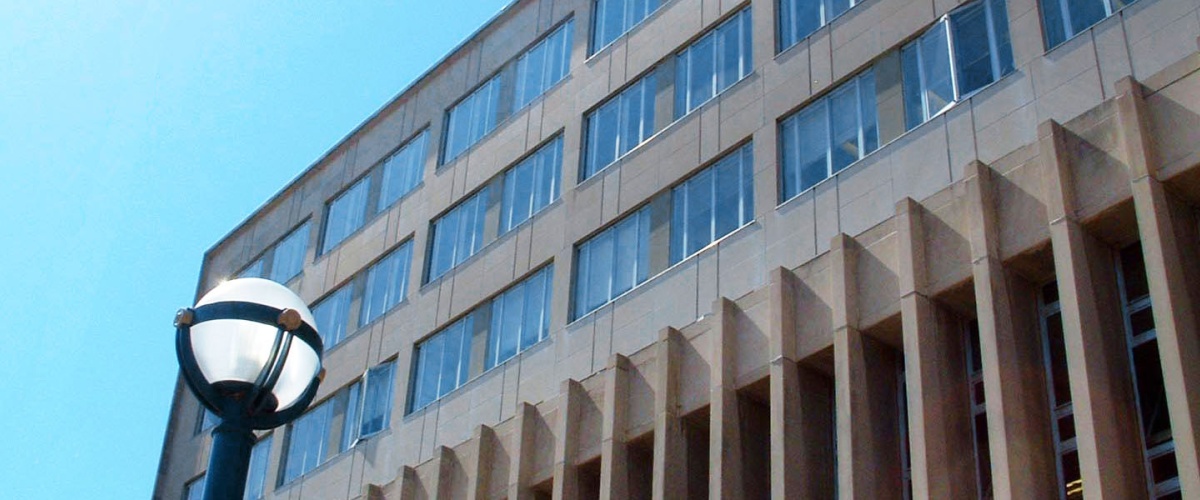City Budget Week: Things to watch
postedThis week the Common Council will be finalizing the 2012 city budget. I won't bore you with the whole document (which is available here), but do want to highlight a few items that are important or that I'm directly involved in, and solicit your input.
Overall, I think the budget is pretty solid. Despite a big hole created by state cuts, the Mayor and city managers responded well. In addition to some strategic cuts, they made good use of savings created by renegotiated union contracts earlier this year. But there are some things I'd like to change, and I'll have my chance this week.
First, some quick basics, oversimplified for your convenience. The City of Madison's budget is divided into two parts:
- The capital budget is "big ticket," durable items like buildings, vehicles and road construction. We don't pay cash for these items; we borrow the money and repay it over ten years. That way the cost is spread out over more of the lifetime of the item, and we don't have huge spikes in taxes when we do something big like a new library.
- The operating budget is what most people think of as the "real" budget. It's the day-to-day operations of the city: police, fire, transportation, snow plowing and debt service for the capital spending.
Here's a very broad overview of where we spend your money:

Though there are plenty of tweaks in the details, the relative share of these broad categories has not changed significantly in at least 12 years, and probably much longer. Policy makers come and go, but the priorities and values of our city remain relatively consistent.
And here's an overview of where the money comes from:

Unlike the expense side, this chart has changed over the years. In 2000, intergovernmental payments (state and federal government aid) comprised 21% of our revenue, and only 64% came from property taxes. That's why your property taxes have gone up faster than inflation and faster than the growth of city spending--because more of the burden of local government has been shifted from income tax to property tax.
Now, a bit about the process, again oversimplified.
- The Mayor creates a capital budget that's released in September and an operating budget in October.
- The city Board of Estimates (budget committee) introduces and votes on amendments to those budgets in September and October, respectively.
- The second week in November, the council takes final action on additional sets of amendments.
So that's where we are now, with the Council ready to consider the capital budget on Tuesday night and the operating budget on Wednesday. (Thursday is also reserved in case we don't finish.)
You can read the proposed capital amendments here, and the proposed operating amendments here.
I'll devote the rest of this post to highlighting some amendments of interest to me and our district.
Capital Budget
-
Amendment 1: Remodel Fire Station #2 (Grand Canyon Drive)
This amendment restores funding to remodel station 2 in 2012. This schedule was set in place in 2010, after a grant application to rebuild the station entirely was not awarded. Design work was done in 2011, but the Mayor's budget moved construction back to 2013. Remodeling of the station is badly needed to make it comfortable and accommodating for our firefighters who live there and to provide space for a "double company" to provide additional response capabilities to our area. The double company is currently located at station 7 on McKenna Boulevard, which is not the optimal location for serving large areas of the west side.
-
Amendment 6: Williamson St. Utility Undergrounding
Delete funding of $1 million to bury utility lines on two blocks of Williamson St. I really like having utility lines underground instead of through the trees, but even though the cost of this project recently was negotiated down to $550,000, I still think it's too expensive.
-
Amendment 17: Edgewater TIF
'Nuff said on this already. You can read my previous blog post here and my Isthmus op-ed here.
Operating Budget
-
Amendment 1: Performing Arts Study
Delete $125,000 for a performing arts study proposed by the Mayor. I think such a study would be interesting and valuable to the various performing arts venues and organizations in the city, but I don't think city taxpayers should fund it.
-
Amendment 9: South Point Yard Waste Site
Restore $30,680 for the yard waste drop-off site on South Point Road on the far west side. The Mayor's budget proposes closing this site to save money. The Badger Road site would remain open, and is not much further from our district. I'm undecided on this amendment and would like to hear from you.
-
Amendment 13: Overture funding
Increase Overture funding from $1.35 million to $1.85 million, which is closer to the $2 million that the city pledged in 2010 as part of a complex agreement that restricted Overture's ownership and retired its debt. As with Edgewater, this one has been discussed in the media at length, so I won't go into it further here. Former mayor Dave wrote a thorough post on this and I pretty much agree with what he said.
If you have questions or comments on these or any other amendments, or on the budget in general, please be in touch.
Subscribe to this blog and get e-mail updates on many other city topics by joining my.cityofmadison.com at the link below.

